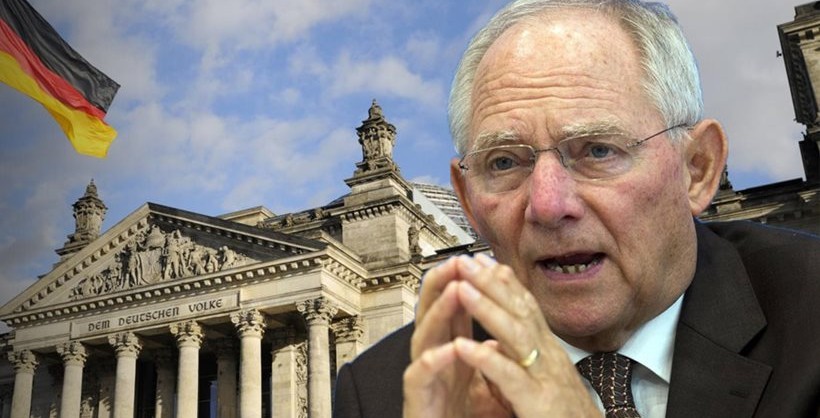The new Greek government must present its plans on the debt issue as soon as possible, and before a Eurogroup group meeting on Feb. 11, according to a spokesman for German FinMin Wolfgang Schaeuble.
“What may happen after the end of the current rescue program is still ‘open’,” the spokesman said. He added that the Greek issue will also be discussed during a G20 meeting in Istanbul on Feb, 9 and 10.
Schaeuble himself referred to the imminent danger of losing the gains made by Greece over the past years if reforms in the country are cancelled.
A stern-sounding Schaeuble also shot down the Greek FinMin’s idea of a “bridging deal” program — the new word for bailout extention program — and clarified that he does not care what the name of the overseeing mechanism will take. He underlined, however, that only the EC-ECB-IMF troika of inspectors can negotiate with Greek government.
” “The whole ESM and the EFSF is a bridge-programme. But for this reason Greece committed to taking specific steps to dismantle the foundations of economic stagnation,” Schaeuble told German state TV ARD late on Thursday.
Asked to comment on the recent ECB decision on Greece, he explained that everything depends on “whether Greece continues being in a programme and right now, we typically have a programme.”
He added, however, that if the new leftist government raises the minimum wage (in the private sector) to a level higher than most European countries, then it will be difficult to explain this to these other European countries.
He also stated Greece had been “living above its own means” before the crisis broke out.
On the issue of linking debt repayment with economic growth — an idea greatly based on the 1953 London treaty which slashed much of the German pre-WWII debt — Schaeuble said this was not discussed, nor did Yanis Varoufakis propose this.
“But this is not the issue here. Greece’s high debt is financed for the long-term. Even interest payments have been postponed for the future. Greece is facing a liquidity problem and has no access to the (money) markets. In order to acquire that it needs to be in a program so the ECB can continued to provide the country with liquidity”.




































